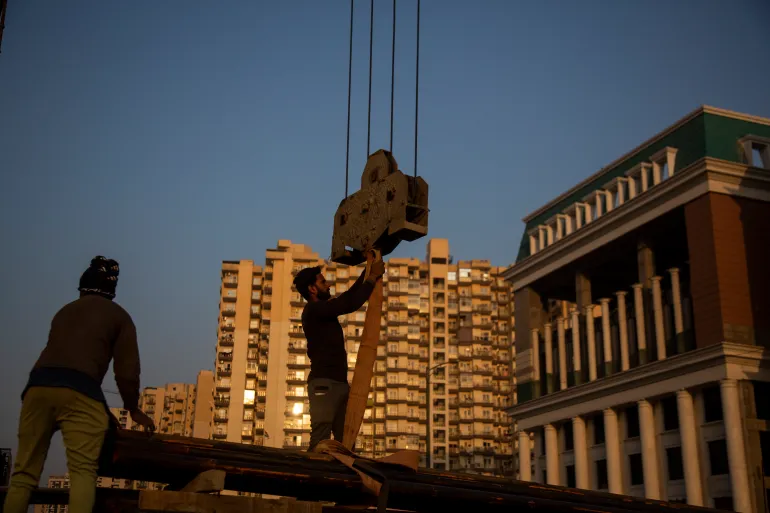MODI'S GOVERMENT WILL FACE ELECTION IN FIRST HALF OF 2024
India: Prime Minister Narendra Modi's government Bhartiya Janta Party (BJP) on February 1 will show its last budget for 2023 financial year, his party will face elections in the first half of 2024 and he seeks a mandate to govern the country for the third consecutive time.
When it is tough for India to do any better in global economic headwinds and domestic economic factors, Modi's government will have to provide a welfare package for economic growth and a wider social.
India's economic growth rate recently estimated by the country's premier economic statistics agency, the National Statistical Office, for the current financial year, is at 7 percent lower than the 8.7 percent growth which government had predicted at the starting of financial year. For the next financial year the World Bank has predicted India's growth to be lower, at 6.6 percent. Even several other economists have estimated it lower after seeing the current government estimates.
The federal government’s ability to increase the amount of money it collects as taxes in proportion to the size of the economy, and its commitment to reduce its fiscal deficit rate, the amount it has to borrow to spend as a proportion of the country’s national income, in subsequent financial years, has now been clearly restrained. Finance minister Nirmala Sitharaman will have her task cut out to deliver on both growth and welfare.
Assuming that the government will contain the deficit at the budgeted 6.4 percent in 2022-23, there will need to be a reduction of 1.9 percentage points over the next three years, and quite a considerable part of that has to be done in the forthcoming budget,” wrote M Govind Rao, an economist who has served in top decision making and advisory positions in the Indian government.
In the past year, with an aspect, New Delhi tried to shore up funds by trying to offload its stakes in a few state-owned companies but with limited success. Coupled with its inability to substantially increase tax collections, the government will be restrained in opening its purse strings.
Already the government has facing to continuing high prices of goods and services, outside of food and energy of the so-called core inflation, in November which hovered at more than 6 percent and will also need to be tamed.
"During November and December 2022 our inflation remains elevated, but there has been a welcome softening. However, core inflation, remains sticky and elevated," India's central bank head, Reserve Bank of India, Shaktikanta Das said on January 27.





The Brief. Sign up to receive the top stories you need to know right now.